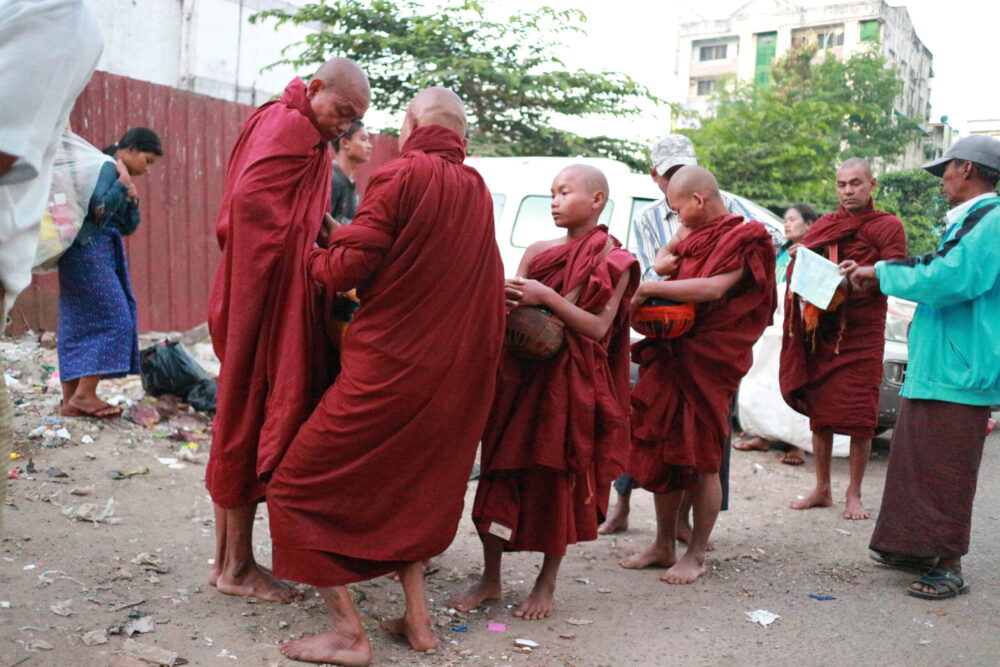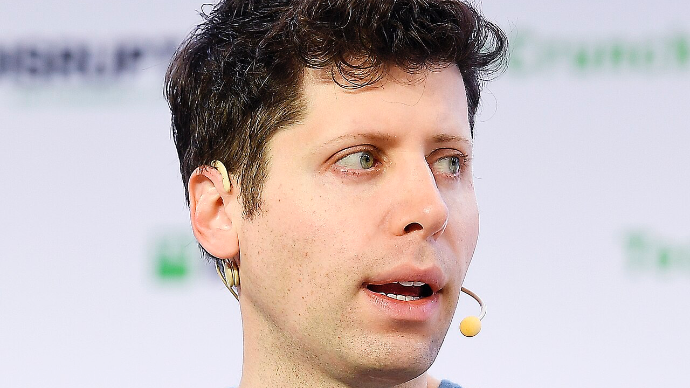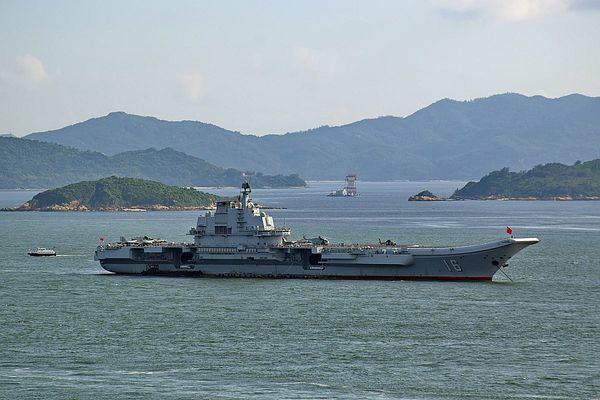[ad_1]

Indonesian Defense Minister Prabowo Subianto appears increasingly likely to make the improbable journey from onetime human rights violator, fired general, and thrice-failed contender to the strongest candidate for the country’s presidency in 2024, apparently with the behind-the-scenes backing of President Joko Widodo.
As political parties fall in line, many suspect it is the result of the president’s involvement, at the end of May stating bluntly that he would intervene in the 2024 general election in order to secure the continuation of his programs. Ganjar Pranowo, the Central Java governor once regarded as the frontrunner who infuriated the president when he blocked an international football tourney in Bali, has seen his support fade, now only coming from the once-dominant Indonesian Democratic Party of Struggle, or PDIP, and a small party PPP.
Prabowo’s coalition initially only consisted of his own party Gerindra and the Islamist-based PKB or National Awakening Party, but now it has increased with the joining of PAN and Golkar. Airlangga Hartarto, the chairman of Golkar, also the coordinating minister for the economy, said Prabowo was once a member of Golkar, so if his party now supports him, it is because of the closeness between the two.
The 71-year-old Prabowo himself is a former son-in-law of the late President Suharto, who ruled for 32 years via Golkar and who was accused credibly with his family of looting the country of billions of dollars. Prabowo was banned in 2000 from entering the US due to his alleged direct involvement in human rights violations when student protesters disappeared and were never seen again. He was reinstated by President Donald Trump. Despite that baggage, Airlangga said Prabowo was a strong and courageous figure who could lead Indonesia to become one of the countries with the largest economies in the world, as the current government is aiming for.
Both Airlangga and Zulkifli denied Jokowi, as the president is known, issued instructions for their parties to support Prabowo. “There was no directive from (President Jokowi), this is our joint decision,” said Zulkifli, who now also serves as trade minister. But it’s hard not to attribute that support to Jokowi.
In a closed-door meeting in May with media leaders and content creators, Jokowi appeared to confirm that he has involved himself in the search for his successor but maintained that he was doing it for the good of the country.
The decision to back Prabowo, his opponent in both of his presidential election campaigns, is a blow to Megawati Sukarnoputri, the dowager head of PDIP and heretofore a national kingmaker who played a major role in making Jokowi president.
With the joining of PAN and Golkar in Prabowo’s coalitions, the former general has collected the support of at least four parties in parliament with a total of 265 seats. Pranowo is supported by PDIP and PPP with a total of 147, and former Jakarta governor Anies Baswedan is supported by the Democratic Party, PKS, and Nasdem with 163.
Ganjar said he understands the decisions of PAN and Golkar and that his party is now seeking support from parties outside his coalition. Anies said he is still optimistic about winning the election even though he only got a little support from the party. He reflected on the elections in Jakarta where he was only supported by two parties but managed to win the gubernatorial election.
Ganjar consistently led opinion polls until a few months ago, but negative sentiment began to build after his rejection of the Israeli national team’s participation in the U-20 World Cup which was to be held in April in Bali. The rejection resulted in the cancellation of matches in Indonesia and sanctions by FIFA. Jokowi is reportedly angry with the attitude of the parties that caused the cancellation. Shortly after, he met with five political parties supporting the government including Gerindra, PKB, PAN, Golkar, and PPP, without PDIP.
The meeting was reported as the first step to forming the grand coalition. Jokowi claimed that he would not be involved even though he considered “the parties suitable to work together.” In his speech ahead of Independence Day on August 17, Jokowi reiterated that he did not interfere in determining the presidential candidates, but many considered his statement to be inconsistent with reality.
Jokowi wants his successor to continue his various policies including the development of the new capital city Nusantara and downstream mining resources such as tin and nickel. Prabowo and Ganjar have committed to continuing Jokowi’s policies, but Anies may have a different mission according to his jargon which wants “change” if elected president. Moreover, his main supporter is businessman and former vice president Jusuf Kalla, who on many occasions criticized the downstream program, which he criticizes as too profitable for Chinese interests.
Lecturer in Political Science from Paramadina University Ahmad Khoirul Umam believes that with the joining of PAN and Golkar in Prabowo’s coalition, the chance is growing for the former general and that the declaration of support by four parties indicates that the political machine in Jokowi’s circles is being turned on.
“At the same time, it reinforces Jokowi’s position in favor of Prabowo, rather than Ganjar Pranowo,” said Khoirul. “Because it is unlikely that Golkar’s and PAN’s political attitudes and decisions were without the knowledge and blessing of the Palace (Jokowi),” he said.
Various survey institutions now place Prabowo as the presidential candidate with the highest electability, followed by Ganjar, then Anies. In the Litbang Kompas survey released in May, for example, Prabowo led with an electability rate of 24.5 percent, Ganjar 22.8 and Anies 13.6 percent. With a level of electability that tends to be equal between them, experts argue that determining the right vice-presidential candidate is the key to winning the race.
Several names are predicted as Prabowo’s vice presidential candidate, including PKB chairman Muhaimin Iskandar, SEO Minister Erick Thohir, Governor of East Java Khofifah Indar Parawansa, and Mayor of Solo and President Jokowi’s son, Gibran Rakabuming Raka. However, Gibran, 35 years old, is hampered by the Election Law, which states the minimum age requirement for presidential and vice-presidential candidates is 40 years, a point that is currently being challenged in the Constitutional Court.
The Indonesian Solidarity Party (PSI) as plaintiff wants anyone who is at least 35 years old can be nominated as a candidate for president or vice president. This lawsuit has raised suspicions that there is an attempt to pave the way for Gibran to become Prabowo’s vice presidential candidate.
The name of a wealthy businessman and minister of tourism Sandiaga Uno is most widely mentioned as Ganjar’s potential running mate. Uno recently joined the United Development Party (PPP), allegedly as a way to advance his mission. Uno stated that he is ready to spend huge amounts of money if he is elected. Uno, the owner of the investment company PT. Saratoga Investama spent at least Rp.1 trillion in the 2019 presidential election campaign when he accompanied Prabowo.
Anies is facing pressure from his coalition party to immediately announce his vice-presidential candidate. The Democrat Party insists that its party chairman Agus Harimurti Yudhoyono accompany Anies. But the Nasdem Party suggested that Anies appoint figures outside the coalition parties, such as from Nahdlatul Ulama (NU), the largest moderate Muslim organization in Indonesia. The results of the Litbang Kompas survey stated that 61.7 percent of respondents claimed to be members of NU, suggesting that the NU support base will be a bone of contention for every contestant in the election.
Anies alone has long been perceived as a figure close to conservative Islam, especially after his victory in the Jakarta gubernatorial election in 2017 where he received support from hardline groups such as the Islamic Defenders Front (FPI) and Hizbut Tahrir Indonesia (HTI). Choosing a vice presidential candidate from NU would clean up Anies’ image. However, if Anies ignores Agus, it is possible that the Democratic Party will withdraw its support and the coalition would split.
[ad_2]
Source link





















